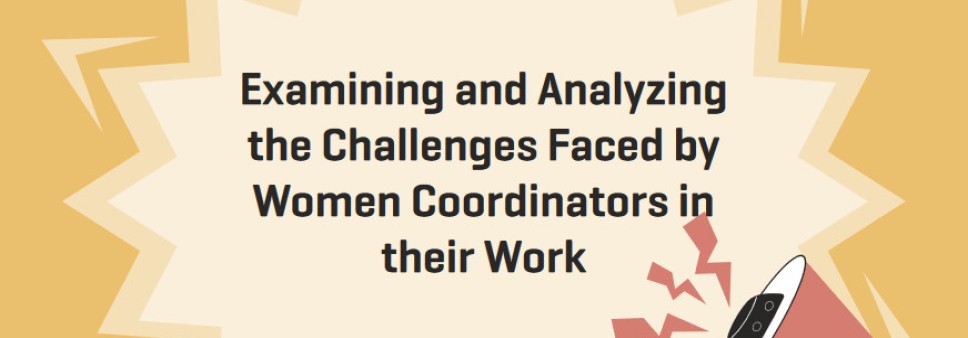EXAMINING AND ANALYZING THE CHALLENGES FACED BY WOMEN COORDINATORS IN THEIR WORK
In recent years, the participation of women in politics has increased significantly around the world. The participation of women voters and candidates in politics is higher today than it has ever been. For example, more than 10,000 women around the world are members of parliament, and more than a million carry out activities in political parties. Today, women have a much more active role in managing political processes than in the past (UN Women and UNDP, 2018). Despite these achievements, the task of gender balance of women's political participation set out within the frames of the Beijing Platform for Action of 1995 has not yet been achieved. Women are still underrepresented in politics on various levels. The same is true for Georgia, despite the increased rates of women's participation in politics, they still cannot be compared with the numbers of men's involvement.
The reason for low participation of women in politics (VAWP) and especially in elections, may be the phenomenon of violence against them (VAWE). Gender-based violence in politics and elections becomes increasingly visible and takes such forms as sexual harassment, intimidation and physical violence. At the same time, the state, part of the society and a number of media outlets are not impartial and serious when discussing violence against women in elections. As a result, sometimes women involved in politics, both in party, legislative and executive power, as well as ordinary coordinators, are forced to leave political life. Violence against women in elections remains one of the main barriers in the realization of their political rights. Violence against women in elections is a global phenomenon, which represents a violation of women's fundamental rights and freedoms.

